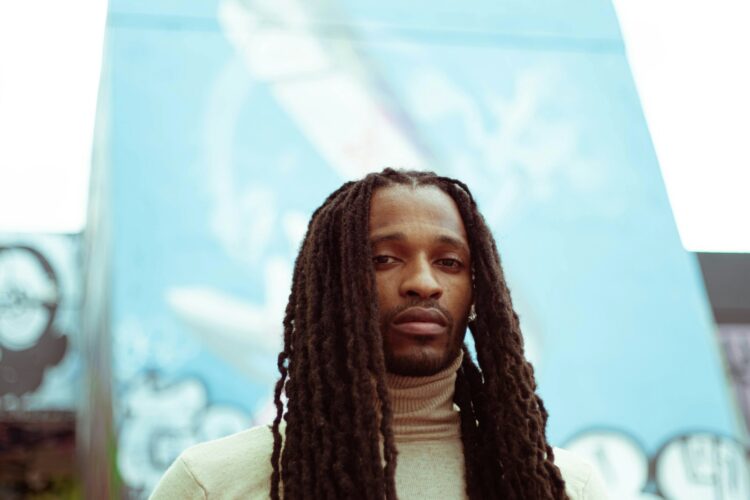
In many parts of the world, religion shapes culture, traditions, and daily conversations. For atheists, this can sometimes mean feeling like outsiders in spaces where faith is assumed. They may respect religion but still struggle with how much it influences everyday life. Here are 15 ways atheists often feel out of place in a religious world.
Prayer in Public Spaces

When prayer is added to public events, schools, or work gatherings, atheists can feel singled out. Believers may see it as something natural. But for someone who doesn’t share that faith, it can feel very awkward to either stand silently or go along with something they don’t believe. It creates a quiet divide that reminds them they don’t quite fit in with the moment.
Assumptions About Morality

Atheists run into the idea that belief in God is necessary for being good. This assumption can make them feel judged or misunderstood, as though their values don’t count. Many atheists hold very strong principles rooted in fairness and honesty. Yet being treated as if morality only comes from religion can feel like an unfair dismissal of their character.
Holiday Traditions With Religious Meaning

Celebrations like Christmas or Easter may be cultural for many people, but the deeper focus is religious. Atheists may enjoy time with family, sharing meals, and exchanging gifts, yet still feel left out when the conversation turns to spiritual meaning. Balancing respect for tradition with their own beliefs isn’t always easy, and the difference can stand out more during these times of year.
Everyday Religious Phrases

Expressions such as “Thank God” or “I’ll pray for you” are common in conversation, but for atheists, they can highlight the gap in belief. They may smile and accept the words politely, but deep down it can feel like a reminder that their worldview is rarely represented. Even casual language makes them feel invisible in a culture shaped by faith.
Pressure to Be Converted

Some atheists experience attempts to be “saved” by religious friends or family. While the intention might be love or concern, it can come across as dismissive of their choices. Being told they are lost or missing something important grows very tiring. This pressure can create a lot of distance in relationships and add to the sense of being an outsider in a faith-centered world.
Family Expectations

In religious families, faith often shapes daily habits and traditions. Atheists may feel torn when asked to take part in prayers before meals or attend church for the sake of unity. Choosing whether to stay silent, participate, or speak up can bring tension. The desire to keep peace while staying true to their beliefs can leave them feeling out of step with loved ones.
Religion in Politics

Atheists can feel frustrated when religious views heavily influence political debates. Laws shaped by faith can make them feel their voices don’t matter. Hearing leaders invoke God in policy decisions only adds to this disconnect. For those who believe government should remain neutral, this overlap between politics and religion reinforces the feeling of not belonging.
Talk About the Afterlife

Conversations about heaven or eternal life can be isolating for atheists. Many people of faith take comfort in the idea of seeing loved ones again, while atheists don’t share that belief. They often stay quiet to avoid spoiling the moment, but silence can feel like exclusion. It’s a reminder that their views on life and death are rarely part of the discussion.
Workplace Bonds Over Faith

Faith can be a bonding point between coworkers who attend the same church or share similar beliefs. For atheists, turning down invitations to religious groups or events can make them seem distant. Even if they value the friendships, it’s hard to ignore that the connection others share doesn’t extend to them. This can create a subtle divide in professional spaces.
Life Events Surrounded by Rituals

From baptisms to funerals, life’s big moments are usually tied to religion. Atheists want to support loved ones during these milestones but often feel out of place in ceremonies filled with faith. Joining in half-heartedly feels dishonest, yet sitting out can be very disrespectful. These occasions stress the differences more clearly than everyday life, leaving them unsure how to belong.
Judged for Doubt

For many atheists, expressing disbelief is met with suspicion or criticism. Instead of being seen as a thoughtful choice, it’s sometimes treated as arrogance or rebellion. They may be labeled hopeless, cold, or even dangerous simply because they do not believe. Being reduced to stereotypes instead of seen as individuals makes them feel unfairly judged and even less understood.
Religion in Schools

Atheist parents often face challenges when schools include prayer, celebrate religious holidays, or teach lessons with faith woven in. Their children may feel left out compared to classmates. Parents must decide how to explain the differences without putting their kids in awkward situations. What should feel like a neutral place for learning can instead remind them of their outsider status.
The Idea of God’s Plan

Many people of faith speak of God’s plan when explaining life’s events, both joyful and difficult. For atheists, this language can feel foreign. They may find meaning in relationships, personal growth, or creativity instead of divine purpose. While they respect the comfort others find in the idea, being surrounded by it can leave them feeling as if their way of seeing life is overlooked.
Community Built Around Faith

Religious communities provide close friendships, support, and a sense of belonging. Atheists admire this strength but struggle to find something similar without belief tying it together. They may long for connection while knowing they can’t fully step into those spaces. Watching others bond through faith can leave them feeling like there’s no community where they truly fit.
Hesitation to Be Open

Perhaps the strongest feeling of being out of place comes from silence. Many atheists hold back their beliefs out of fear of being misunderstood or judged. Openly identifying as atheist can carry a risk of rejection or strain relationships in public. This hesitation deepens the sense of being an outsider, as if they must always hide part of who they are to be accepted.

